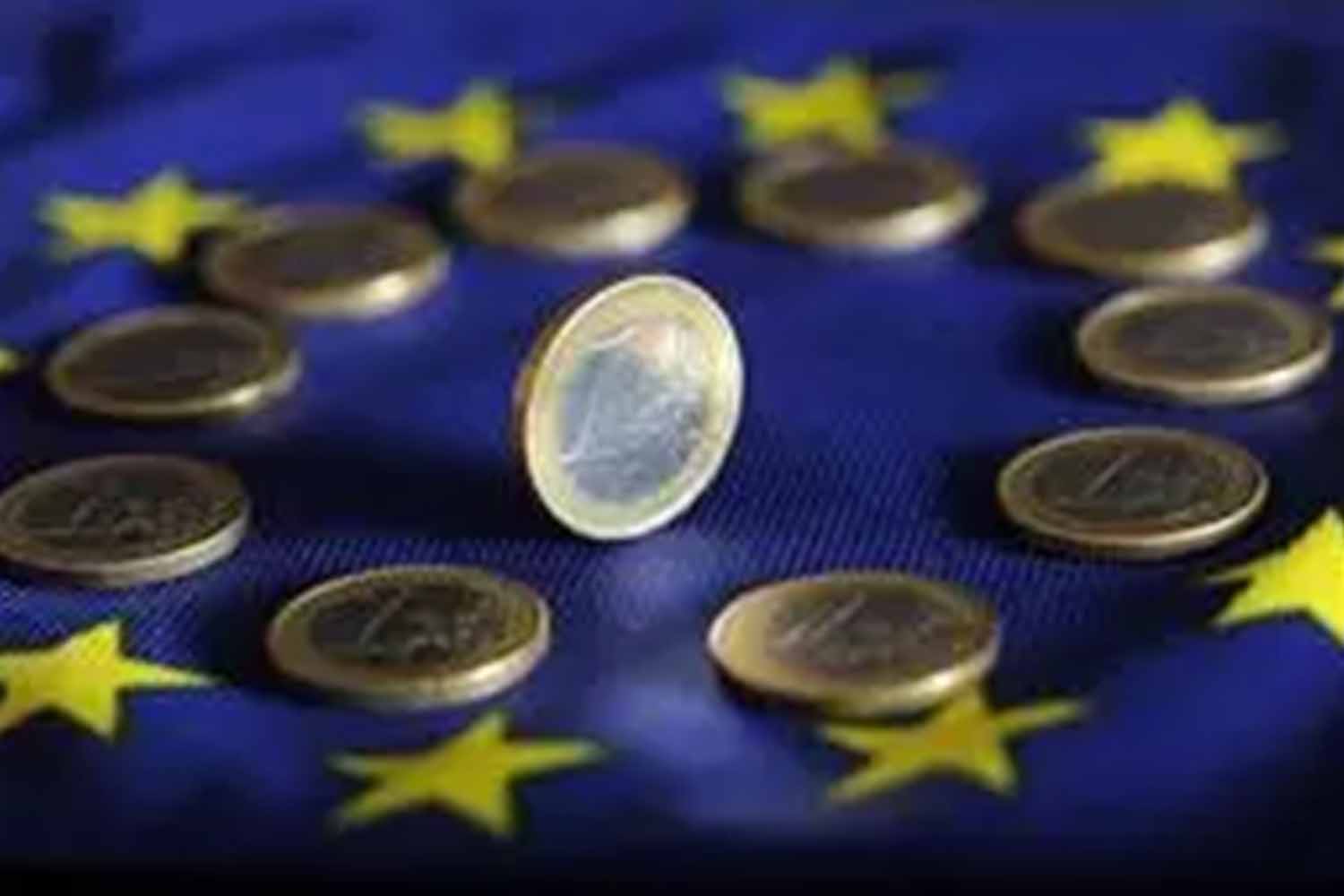MADRID, Aug. 30 (EUROPA PRESS) – The eurozone inflation rate would have stood at 2.2% year-on-year in August, four-tenths below the 2.6% price rise observed the previous month and the lowest reading of the figure since July 2021, according to the provisional estimate of the data published by the community statistics office, Eurostat. The slowdown in the rise in prices in the euro region reflects the 3% drop in the cost of energy, after rising 1.2% year-on-year in July, while fresh food rose 1.1% year-on-year, one-tenth more than the previous month. Likewise, non-industrial energy goods have risen by 0.4% in August, three-tenths below the rise in July, while services would have risen by 4.2% year-on-year, two-tenths above the increase that had been observed in July. After excluding the impact of energy on prices, the inflation rate is expected to remain at 2.7% in August, while excluding the cost of food, tobacco and alcohol, the underlying rate is expected to have moderated to 2.8% from 2.9%. Among the eurozone countries, the highest increase in the cost of living in August was in Belgium, with 4.5%, ahead of Estonia, with 3.4%, and the Netherlands, with 3.3%. In contrast, the lowest price increases were seen in Lithuania, with 0.7% and Latvia, with 0.9%, while in Slovenia, Finland and Ireland prices rose by 1.1%. In Spain, the annual inflation rate in August was 2.4% from 2.9% in the previous month, which reduces the price differential unfavourable to the country with respect to the eurozone to two-tenths of a percentage point.
The ECB has given the green light to cut rates in September.
The decline in the inflation rate “paves the way” for the European Central Bank (ECB) to cut rates at its meeting next September, according to analysts consulted by Europa Press. In this regard, Leo Barincou, senior economist at Oxford Economics, points out that, although today's inflation data do not provide much evidence that the underlying pressure on prices in the eurozone beyond energy is cooling, he remains confident that core inflation will gradually slow down over the rest of the year. Meanwhile, the expert believes that the sharp fall in headline inflation in August “should further strengthen the arguments in favour of a 25 basis point cut at the ECB's next monetary policy meeting in September.” Bert Coljin, senior economist for the Eurozone at ING Research, believes that, although the slowdown in inflation in August is basically due to the impact of energy, he confirms that the inflationary environment is slowly becoming more benign, placing the ECB in “a long final stretch” to return inflation back to the target. Thus, he highlights that the fall in inflation in August was mainly due to the drop in energy inflation, while core inflation remains high, going from 2.9% to 2.8%, after services rose by 4.2%, an increase of two-tenths, partly due to the effect in France of the Olympic Games. “For the ECB, the modest progress in core inflation and wages now and expectations for next year seem sufficient to reduce (rates) by 25 basis points in September,” he concludes.

